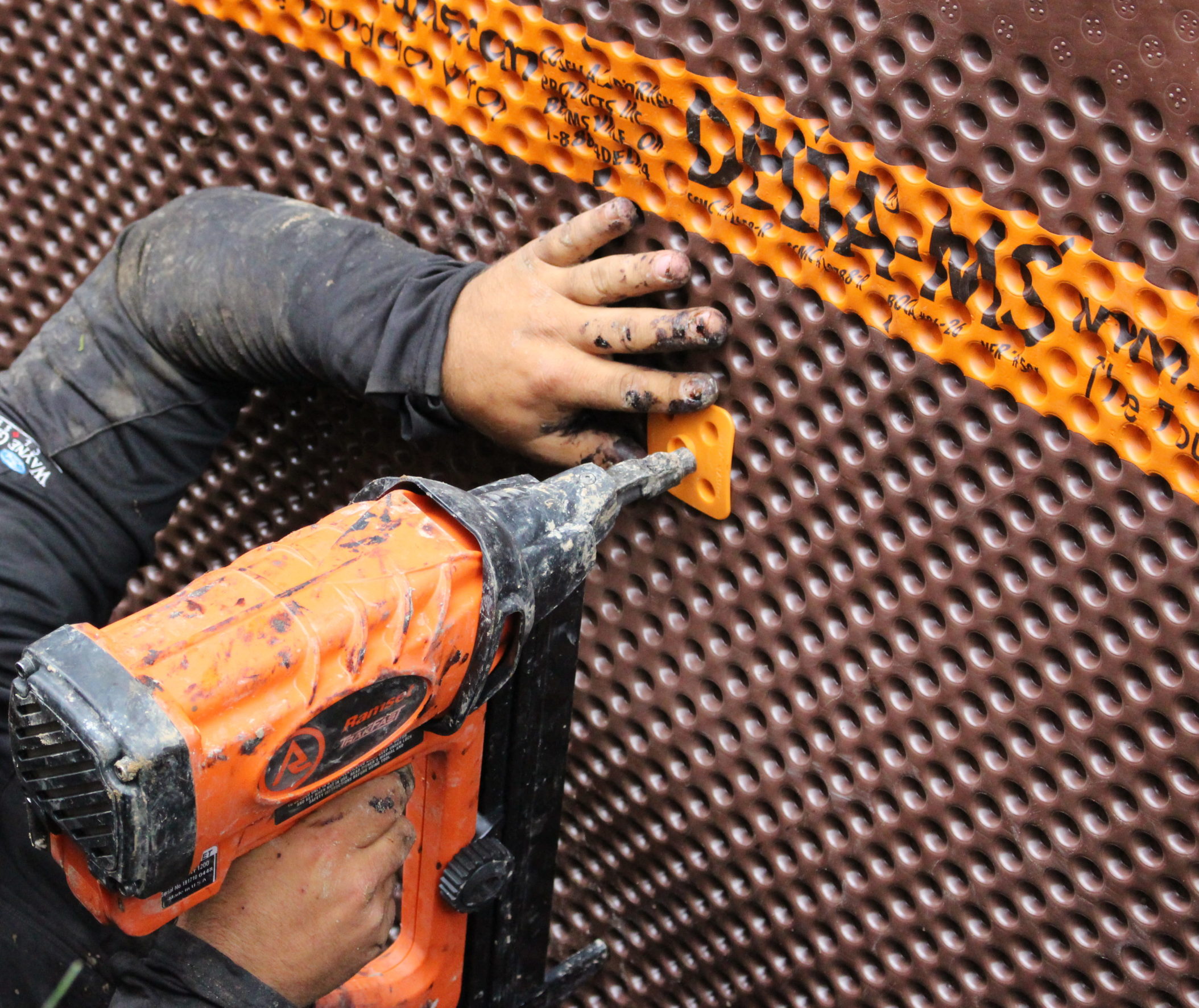Why is it necessary to waterproof wood and masonry?
Weatherproofing wood and masonry protects it from UV radiation, humidity, frost, and insect damage in addition to preventing moisture damage. Waterproofing wood and masonry does not totally protect it from deterioration, but it does extend its life.
Waterproofers...
Dampproofing vs Waterproofing - ACCL Waterproofing
Dampproofing and Waterproofing:
The terms dampproofing and waterproofing are not interchangeable. Dampproofing is designed to keep soil moisture out, whereas waterproofing is designed to keep both moisture and liquid water out.
For many years, buildings have been dampproofed, a process that was...
Controlling Dust and Debris: ACCL Waterproofing
Is it required to use Dust Suppression?
Absolutely, and for a variety of reasons. Dust suppression becomes a major concern while removing concrete with a jackhammer. the jackhammer's repeated motion tears down concrete and creates a fine dust particle. This dust...
WATERPROOFING EXTERIOR WALLS 101
Water and moisture can move through the brickwork and impact your internal walls when outside walls are exposed to rains or high humidity. This implies that your walls may remain damp for an extended period of time before drying, perhaps resulting in...
Waterproofing Concrete: ACCL Waterproofing
You can waterproof concrete from the positive (external) side, negative (internal) side, or from within the concrete itself to make it truly waterproof—that is, to prevent water passage while also resisting hydrostatic pressure (integral systems). Although sheet membrane waterproofing is the most...
Keeping Downspouts and Gutters Clean - ACCL Waterproofing
One of the many reasons to clean your gutters and downspouts is to avoid basement water damage. Water can build in basements due to clogged gutters and downspouts, which you may not be aware of.
PERSERVE THE SAFETY AND...




